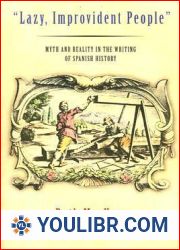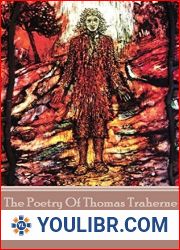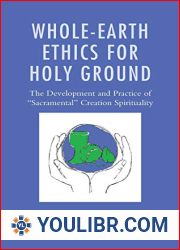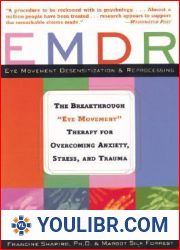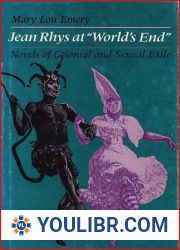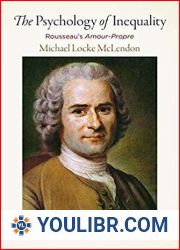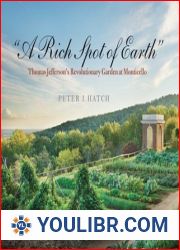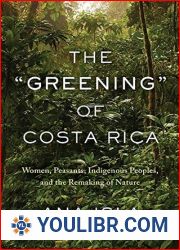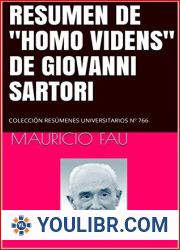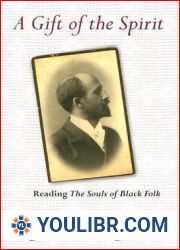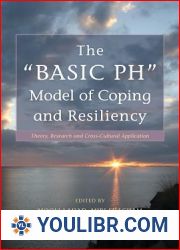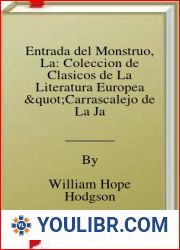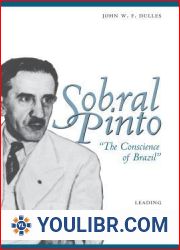
BOOKS - and quot;Lazy, Improvident People and quot;: Myth and Reality in the Writing ...

and quot;Lazy, Improvident People and quot;: Myth and Reality in the Writing of Spanish History
Author: Ruth MacKay
Year: April 28, 2006
Format: PDF
File size: PDF 55 MB
Language: English
Year: April 28, 2006
Format: PDF
File size: PDF 55 MB
Language: English
Since the early modern era, historians and observers of Spain, both within the country and beyond it, have identified a peculiarly Spanish disdain for work, especially manual labor, and have seen it as a primary explanation for that nation's alleged failure to develop like the rest of Europe. In and "Lazy, Improvident People and " the historian Ruth MacKay examines the origins of this deeply ingrained historical prejudice and cultural stereotype. MacKay finds these origins in the ilustrados, the Enlightenment intellectuals and reformers who rose to prominence in the late eighteenth century. To advance their own, patriotic project of rationalization and progress, they disparaged what had gone before. Relying in part on late medieval and early modern political treatises about and "vile and mechanical and " labor, they claimed that previous generations of Spaniards had been indolent and backward. Through a close reading of the archival record, MacKay shows that such treatises and dramatic literature in no way reflected the actual lives of early modern artisans, who were neither particularly slothful nor untalented. On the contrary, they behaved as citizens, and their work was seen as dignified and essential to the common good. MacKay contends that the ilustrados' profound misreading of their own past created a propagandistic myth that has been internalized by subsequent intellectuals. MacKay's is thus a book about the notion of Spanish exceptionalism, the ways in which this notion developed, and the burden and skewed vision it has imposed on Spaniards and outsiders. and "Lazy, Improvident People and " will fascinate not only historians of early modern and modern Spain but all readers who are concerned with the process by which historical narratives are formed, reproduced, and given authority.







